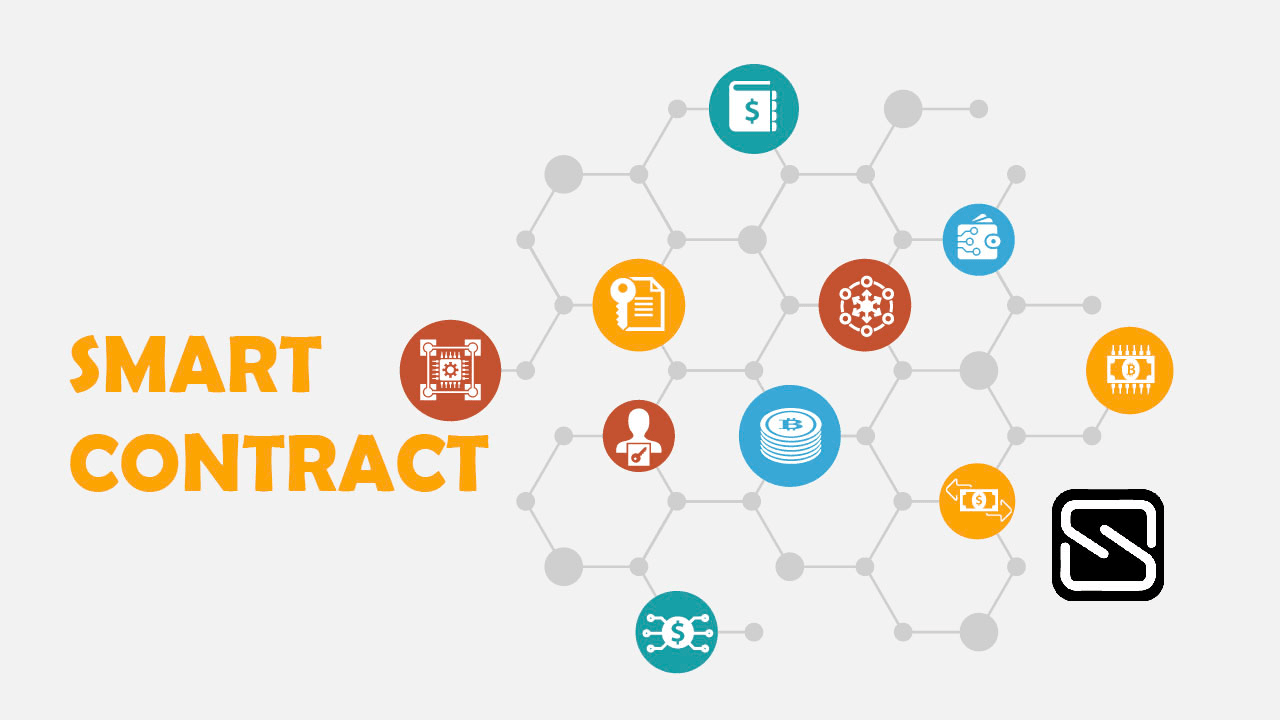Smart contracts defined
A guide on what smart contracts are and how they work.
By Staff
Smart contracts are simply programs stored on a blockchain that run when predetermined conditions are met. They are used to automate the execution of an agreement so that all participants can be immediately certain of the outcome, without any time loss. They can also automate a workflow, triggering the next action when conditions are met.
A smart contract is a contract expressed as a piece of code designed to carry out a set of instructions.
With smart contracts, there’s no middleman. There’s no person or company holding your information or verifying it. The blockchain verifies and holds information for you.
Like the blockchain technology used to power most cryptocurrencies, smart contracts were derived from earlier technologies that weren’t quite complete. In the case of smart contracts, they are derived from earlier electronic instruction execution programs that used “if/else” statements and other conditional logic to automatically produce an outcome based on the information presented.
The term “smart contract” itself was coined in the 1990s in an academic paper created by Nick Szabo, a prominent computer scientist and cryptographer that was also responsible for developing one of the earliest precursors to Bitcoin, known as Bit Gold.
Szabo initially described smart contracts for a variety of basic purposes like fraud reduction and enforcing contractual arrangements, but later expanded the potential use-cases of the technology to include digital cash, smart property, and more in a 1996 paper.
Ethereum implemented a Turing-complete language on its blockchain, allowing for complex and sophisticated logic in its smart contracts.
How smart contracts work
Smart contracts work by following simple statements that are written into code on a blockchain. A network of computers executes the actions when predetermined conditions have been met and verified.
These actions can entail paying out money to the appropriate parties, registering a car, sending out notices, or issuing a ticket. When the transaction is finished, the blockchain is then updated. As a result, the transaction cannot be modified, and only parties to whom permission has been granted can view the outcome.
Within a smart contract, there can be as many stipulations as needed to satisfy the participants that the task will be completed satisfactorily. To establish the terms, participants must determine how transactions and their data are represented on the blockchain, agree on the rules that govern those transactions, explore all possible exceptions, and define a framework for resolving disputes.
A developer can then program a smart contract, though more and more businesses using blockchain for business are using templates, web interfaces, and other online tools to make creating smart contracts easier.
Benefits of smart contracts
- They are fast, efficient, and accurate; Once a condition is met, the contract is executed immediately. Because smart contracts are digital and automated, there’s no paperwork to process and no time spent reconciling errors that often result from manually filling in documents.
- There is more trust and transparency; Because there’s no third party involved, and because encrypted records of transactions are shared across participants, there’s no need to question whether information has been altered for personal benefit.
- More security; Blockchain transaction records are encrypted, which makes them very hard to hack. Moreover, because each record is connected to the previous and subsequent records on a distributed ledger, hackers would have to alter the entire chain to change a single record.
- Increased savings; Smart contracts remove the need for intermediaries to handle transactions and, by extension, their associated time delays and fees.
Smart contracts are a relatively new technology, but they have already seen widespread implementation among crypto projects. They have been used to power popular DeFi protocols like Compound, Aave, Uniswap, and hundreds of others.
Some Governments have already adopted smart contracts for example, in Denmark, Dutch bank ING has co-created Fnality, a blockchain-based trade-settlement system using smart contracts. In addition, Sweden’s government has tested a blockchain-based land registry for proving the ownership of land, which is built on smart contracts.
Conclusively, we’re still in the early days of what smart contracts can do. However, there are companies and even governments experimenting with their potential already. They are now used for a huge range of tasks, including digital identities, supply chain management, insurance, data storage, and a whole lot more.
